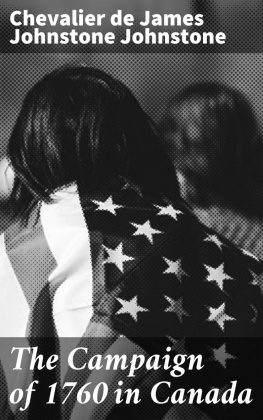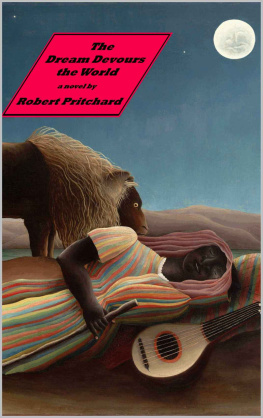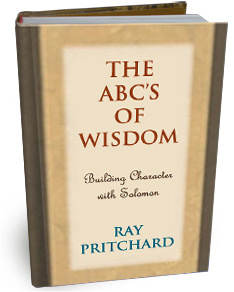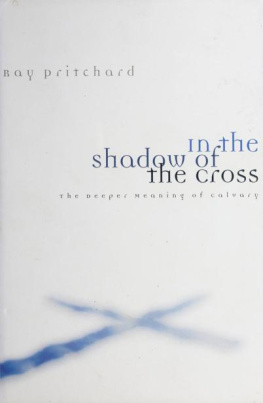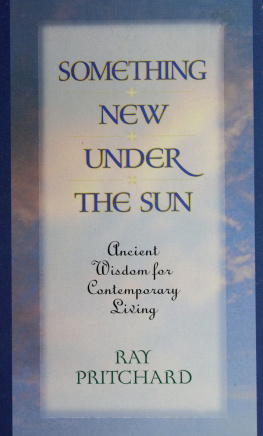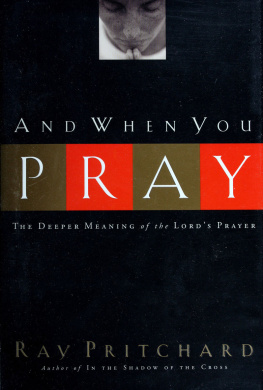The International Library of Sociology
EDUCATION AND THE HANDICAPPED
The International Library of Sociology
Education and the Handicapped 1760 - 1960
by
D.G.Pritchard
First published in 1963 by
Routledge
Reprinted 1998, 2000, 2001 by
Routledge
2 Park Square, Milton Park, Abingdon, Oxon, OX14 4RN
Transferred to Digital Printing 2007
Routledge is an imprint of the Taylor & Francis Group
1963 D. G. Pritchard
All rights reserved. No part of this book may be reprinted or reproduced or utilized in any form or by any electronic, mechanical, or other means, now known or hereafter invented, including photocopying and recording, or in any information storage or retrieval system, without permission in writing from the publishers.
The publishers have made every effort to contact authors/copyright holders of the works reprinted in The International Library of Sociology. This has not been possible in every case, however, and we would welcome correspondence from those individuals/companies we have been unable to trace.
British Library Cataloguing in Publication Data
A CIP catalogue record for this book is available from the British Library
Education and the Handicapped 1760 - 1960
ISBN 0-415-17757-X
The Sociology of Education: 28 Volumes
ISBN 0-415-17833-9
The International Library of Sociology: 274 Volumes
ISBN 0-415-17838-X
Contents
'THE Author will not be so uncandid as to offer any Apology for the appearance of the following pages.' Thus in 1834 did James Gall open his Preface to A Historical Sketch of the Origin and Progress of Literature for the Blind. His sentiments are echoed here. But even if no apology is offered thanks are.
It is with pleasure that I record my gratitude to those who have assisted me in many ways, Mr. E. Keates of the School for the Blind, Liverpool, and Mr. J. R. Waddington of the Victoria Settlement, Liverpool, both made unpublished papers available for my inspection. Miss P. Smith gave me information concerning the Invalid Children's Aid Association, and Mr. W. King, Principal of St. Loyes College, Exeter, supplied me with notes on which my reference to Dame Georgiana Buller is based. The staffs of the Picton Library, Liverpool, the Library of the Department of Education of the Deaf, Manchester, and the Public Record Office, London, have been most helpful. Miss P. M. Downie, Chief Librarian of the Ministry of Education, Mrs. S. L. Coghill, Librarian of the Royal National Institute for the Blind, and Dr. P. P. Gorman, Librarian of the Royal National Institute for the Deaf, drew to my attention various sources of information. Mr. H. A. Hewitt, Departmental Records Officer of the Ministry of Education, helped me to trace files relating to early special schools, and my colleague, Mr. O. M. V. Argles, Tutor-Librarian of the Institute of Education, performed a similar service in relation to books. Mr. Argles, Dr. J. Murphy, of the University of Liverpool, and my wife read the manuscript in whole or in part and made valuable suggestions. My wife also undertook the unenviable task of translating my handwriting into typescript. To all of these I express my thanks.
During the nineteenth century and part of the twentieth the children now known as physically handicapped and educationally sub-normal were termed physically defective and mentally defective; the schools that they and the blind and the deaf attended were frequently called institutions; the education they received bore the name of instruction. In the interest of historical accuracy the nineteenth-century terms have therefore been used when dealing with that period, and reference is made to the change of nomenclature when it occurs. Indeed it is the story of the advance in opinion and outlook from 1760 to 1960, which brought about the change from instruction to education, from institution to school, and from mentally defective to educationally sub-normal, that the book sets out to tell.
Frequent reference is made to the Report of the Royal Commission on the Blind and the Deaf and Dumb 1889 and the . In order to avoid cumbersome footnotes the Reports have been respectively abbreviated to R.C.B.D. and C.D.E.C.
References also occur in the footnotes to documents in the Ministry of Education Archives. All these documents have now been transferred to the Public Record Office, but as they were seen and examined at the Ministry of Education they are referred to as Ministry of Education Archives, Education Class....., Piece...... Documents which had earlier been transferred to the Public Record Office, and were examined there, are shown as Public Record Office, Education Class ......, Piece......
D. G. P.
The University of Liverpool
December 1961
1
Earliest Provision for the Handicapped
ANY consideration of the history of the education of the handicapped must take into account the development of educational provision for ordinary children. When it is realized that less than one hundred years ago fewer than two-fifths of our children attended school, it is hardly surprising that the growth of special education is a recent manifestation. Schools had, of course, existed since the coming of Augustine in 597, though they were predominantly for clever boys of good family. Occasional parochial and chantry schools were to be found, but until the foundation of the Society for Promoting Christian Knowledge in 1698, no large-scale effort to give elementary education to the poorer classes had been made. During the eighteenth century the charity schools of the S.P.C.K. were augmented by dame schools, Sunday Schools and schools of industry. The quality of the education they provided was poor; its extent limited.
Schools for the handicapped did not appear until the second half of the eighteenth century. That they should lag behind was understandable, for educational and social trends are followed, not created, by provision for the handicapped. Furthermore, certain specialist techniques are necessary, and some of these are allied to and dependent upon advances in science, medicine and mental measurement, which themselves are recent. However, certain discoveries were ignored or forgotten. For fifty years the genius of Louis Braille was ignored in England; the fact that the deaf could speak, for a longer period.
Even if there were no schools, there were individual and isolated attempts to improve the lot of the handicapped. These followed an earlier period, in which the handicapped had been sacrificed to the welfare of society, be that society the roving tribe or the Greek city state. The former found them a burden in their effort to survive, the latter in their effort to purify the race; a concept not entirely outmoded in the twentieth century. In Sparta the laws of Lycurgus approved the abandonment of idiots, and the exposure of handicapped infants. The Athenians, even under Solon and in the time of Plato, practised exposure, and killed outright their deaf children. The Spartans, with a finer sense of cruelty, merely put them in the great pit in Taygetus.







